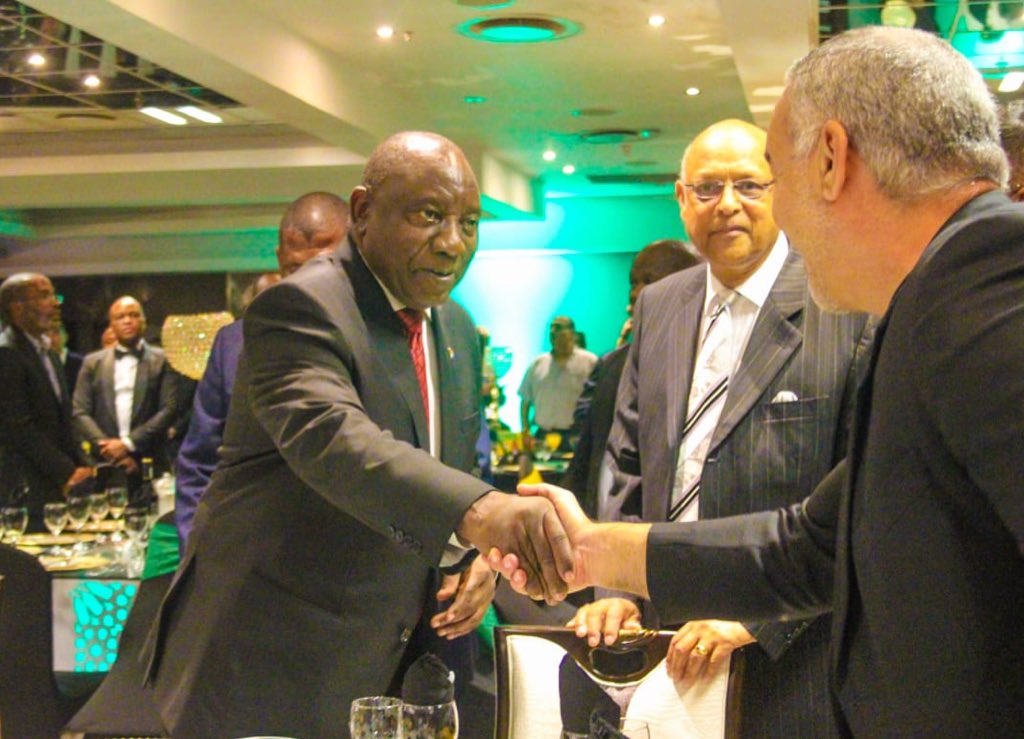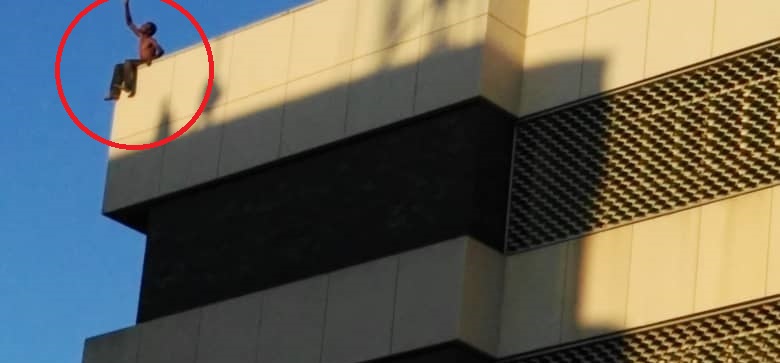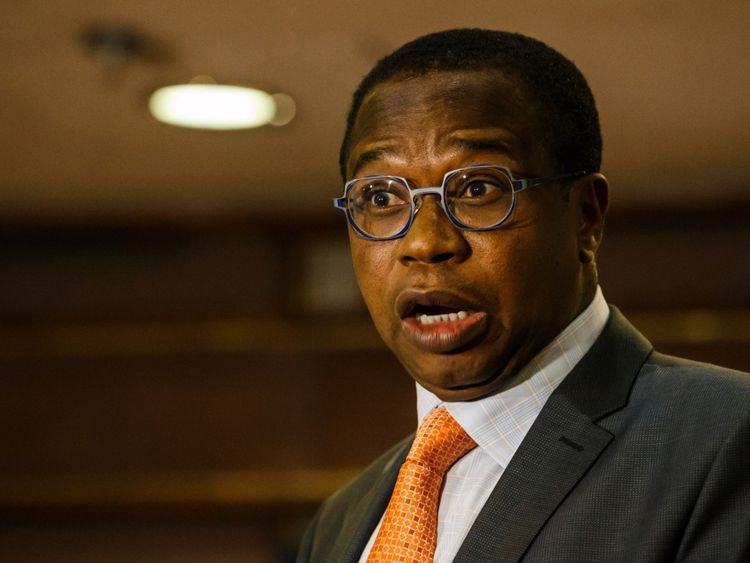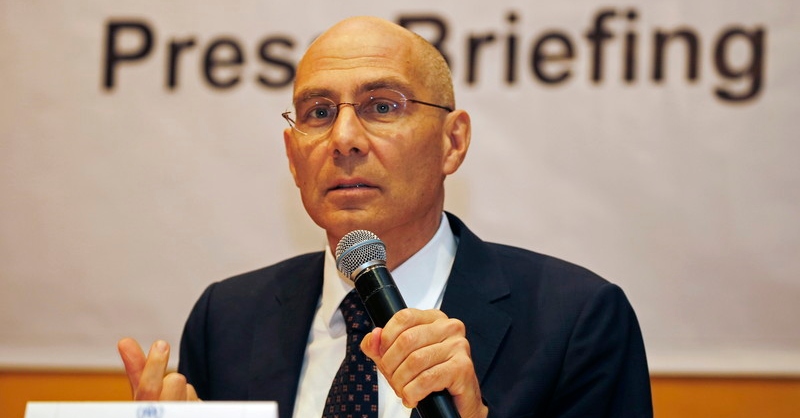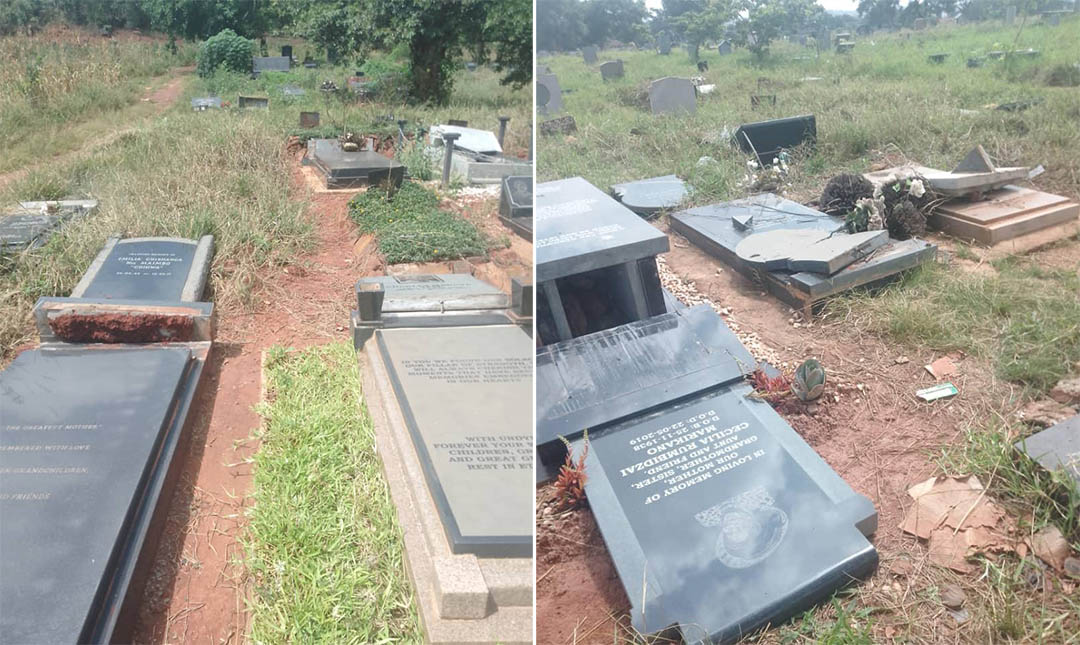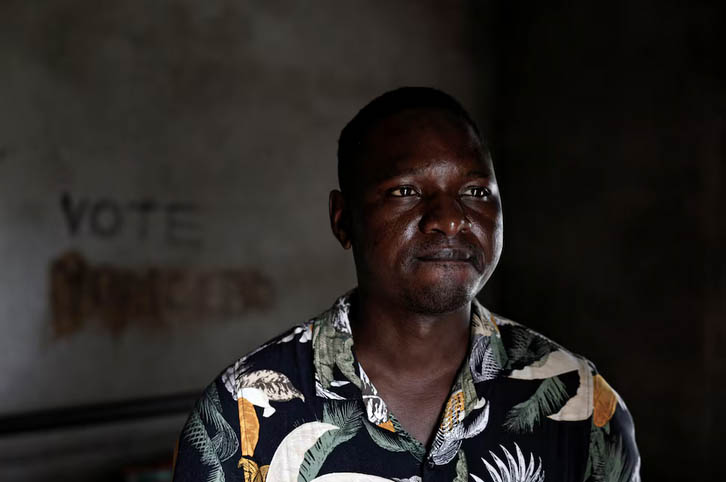JOHANNESBURG – South African President Cyril Ramaphosa, under pressure to withdraw campaign trail comments partly blamed on recent xenophobic attacks on foreigners in Durban, said he condemned the violence “in the strongest terms”.
The leader of the non-profit African Diaspora Union (AfriDu), Chidiebere Ogbu, cast the blame for the latest eruption of violence on Ramaphosa’s remarks at the ANC manifesto launch in January.
“His foot soldiers misunderstood him and started harassing innocent traders,” said Ogbu.
In the speech, Ramaphosa had vowed to crack down on businesses operating illegally in townships and rural areas.
“We are going to bring this to an end and those who are operating illegally, wherever they come from must now know,” Ramaphosa told supporters.
Speaking at an African National Congress fundraising dinner held at the Coastlands Hotel in Durban on Friday night, Ramaphosa said the attacks on foreigners, which started on Sunday and continued into Tuesday this week, were “wrong”.
“The attacks on foreign nationals for whatever reason is a form of intolerance which the people of this country have rejected many times before, and we must do so again and again and again,” Ramaphosa said.
“As South Africans, we’re not an intolerant people, and we can’t be defined as being intolerant. We can’t be defined as not wanting to live side by side with people form other nations.
“These attacks that have been levelled against people from other countries are wrong and they violate everything that our people fought for over many decades. As for me, I condemn them in the strongest terms because this is not us.”
Protesters attacked foreign tuckshop owners, mainly in poor neighbourhoods, and drove hundreds to flee their homes. Two protesters were killed when a shop owner fired a gun to protect his shop.
By Wednesday around 300 foreign nationals had sought refuge at a mosque in Durban.
Attacks against foreigners and foreign-run businesses have erupted regularly in recent years in South Africa – the most developed sub-Saharan economy.
Immigrants are often the focus of anger among South Africans hit by a chronic job shortage and the limited progress made by many poor blacks since white-minority rule ended in 1994.
South Africa is host to millions of foreign nationals – many of them economic and political refugees from across Africa including Mozambique, Zimbabwe, Somalia, Ethiopia and Malawi.
Said Ramaphosa: “We continue to appreciate what our fellow Africans have done for our liberation because they stood side-by-side with us as we were engaged in struggle. They supported us, willingly and in a comradely manner, and some of them were far afield, countries like Uganda who were not even our neighbours, they supported us because they felt that racism and apartheid was an abomination against humanity. They joined the struggle, gave us refuge, embraced us and supported our struggle in more ways than you can imagine – militarily, resource-wise and gave our people a number of skills and so forth.
“We shall never forget the sacrifices that they made and we shall forever be in the debt of many African countries on our continent. There are a great many foreign nationals in our country who are here legally, who respect our laws and respect our people.”
South Africans vote in elections on May 8 and illegal immigration has been a key focus for some of the parties, notably the Democratic Alliance which accuses the ANC of failing to protect the country’s borders.
Recently, Gauteng premier David Makhura attracted criticism when he said government should start billing foreign countries whose citizens pop into the country to take advantage of free services.
Makhura, who emphasised that he was not being xenophobic, added he has discovered that there were certain types of criminal activities that were being perpetrated by certain foreign nationals.
“I think some specific crimes [are committed] by some specific nationalities or foreign nationals are involved. Drugs, there’s specific nationalities involved. Violent crimes and murders, including cash-in-transit heists, there is specific nationalities involved. To say this is not to make a particular nationality a problem,” he said.
Makhura said the police often found Nigerians to be involved in drugs, adding that this doesn’t mean that Nigerians were in general involved in the drug trade.
“But we must ask a question: how do we have so many drug dens that are operated by Nigerians in our country? How does this happen? We’ve got to solve that problem and also we’ve got to make it a problem with Nigeria [and say], ‘too many of your citizens are involved in this type of crime in our country’. It is not xenophobic. We should work with that government and say your citizens are free to come to our country but they contribute to a particular area of crime…” he said.
